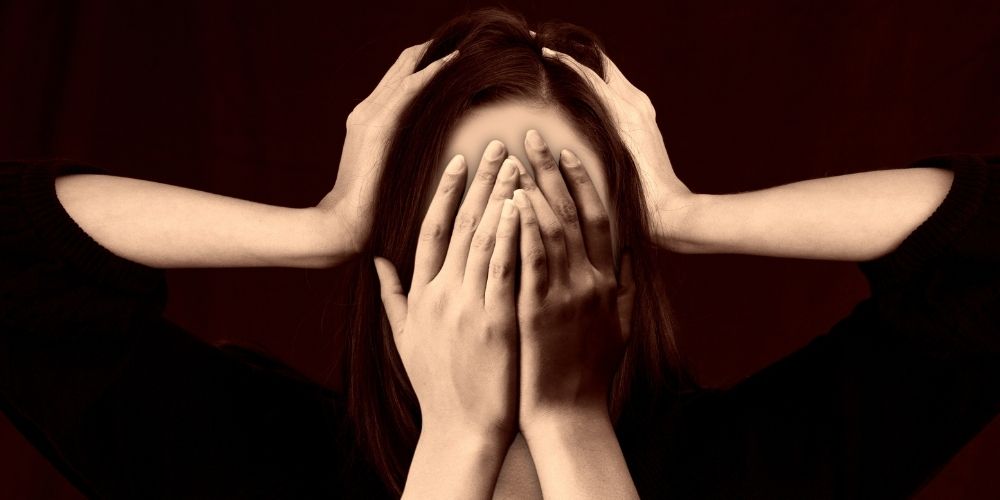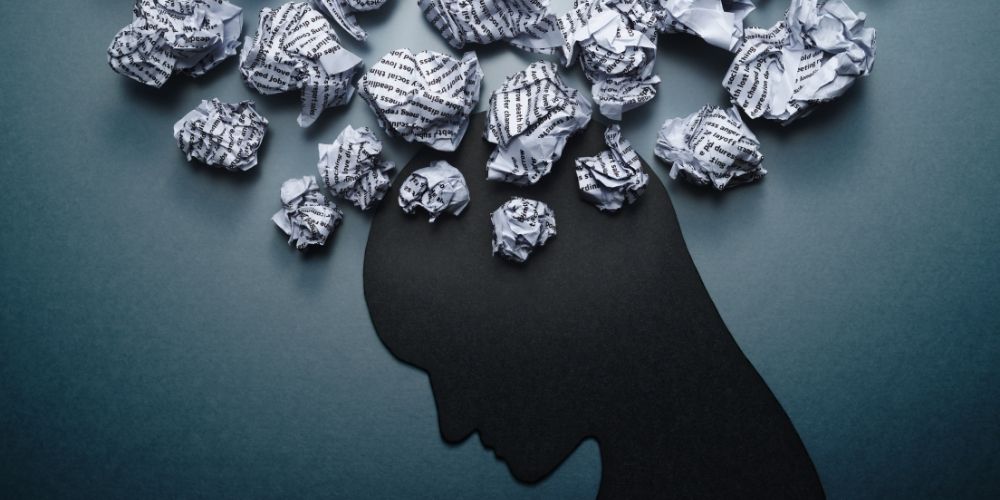Our Bipolar Treatment Center and Program’s mission is to assist our clients in Florida and around the country in learning how to handle their condition and regaining equilibrium at work, school, and at home with family, friends, and loved ones.
Find out more about how we handle bipolar disorder in teenagers and adults. Our residential recovery services for adults and adolescents with bipolar disorder are our most comprehensive level of care (sometimes called manic depression). Adults who have not made progress in outpatient therapy can benefit from our day treatment program for bipolar disorder.

i-kare Bipolar disorder treatment center in Florida has the following experience of treating people suffering from any of the five forms of bipolar disorder:
- bipolar I
- bipolar II
- cyclothymia
- rapid cycling
- bipolar disorder otherwise specified
How do we know that a person is suffering from Bipolar Disorder?
An individual with bipolar disorder has had at least one mania episode and at least one depressive episode. Depressive episodes with low mood and energy are normal, as are mania or hypomania episodes with elevated mood and high energy.
The majority of people with bipolar disorder suffer from depressive episodes, while some suffer from psychotic or hypomanic episodes. Hours, days, or even months can pass between mood episodes. It isn’t necessarily a case of up or down. Most bipolar people have euthymia, which means they are neither depressed nor manic, for long periods of time between mood episodes.
While bipolar disorder is a mood disorder, some patients develop psychosis as a side effect.
Bipolar disorder misdiagnoses are not rare. At least once, seven out of ten patients are misdiagnosed. Treatments for bipolar disorder are often successful when diagnosed correctly.
What are the causes of Bipolar Disorder?
Both genetic and environmental factors contribute to bipolar disorder. According to research, bipolar disorder has a significant genetic component. The first psychotic episode usually happens before the age of 30, although there are exceptions. Furthermore, bipolar disorder runs in families. Recent research suggests that bipolar disorder has a chemical or hormonal basis, causing malfunctions of brain neurotransmitter substances.
How is Bipolar Disorder diagnosed?
The diagnosis of Bipolar I Disorder is fairly general. It’s defined by manic or mixed episodes that last at least seven days, or extreme manic symptoms that necessitate hospitalization. Depressive episodes are common, and they usually last at least two weeks.
Bipolar II Disorder is distinguished from Bipolar I Disorder by the presence of depressive and hypomanic symptoms rather than full-blown psychotic or mixed episodes. Hypomania differs from mania in that it lacks psychotic symptoms and grandiosity, and it has a smaller effect on daily life.
When signs of the condition occur but do not follow medical criteria for bipolar I or II, bipolar disorder not otherwise specified (BP-NOS) is diagnosed. However, mood swings are distinctly outside of a person’s natural range of emotions.
Cyclothymic Disorder, also known as Cyclothymia, is a moderate type of bipolar disorder that lasts at least two years and includes bouts of hypomania as well as mild depression. Hypomania or depressive symptoms, on the other hand, do not follow the medical criteria for any other form of bipolar disorder.
What are the symptoms of Bipolar Disorder?
Bipolar disorder is characterized by mood swings between two states: mania and depression.
Mania:
Manic episodes are marked by dramatic mood changes, as well as feelings of elation, increased energy, and a reduced need for sleep. During a manic episode, a person’s thoughts will sometimes race, his or her expression will be quick and rushed, and his or her judgment and planning will be skewed. When this is combined with impulsivity, the person in a manic state is prone to major problems. They could drop out of school or ruin their business, go on expensive shopping sprees, or make risky investments, for example. They can engage in risky substance-related behaviors or sexual promiscuity. The combination of agitation and impulsivity is most worrying, as it leads to increased and dangerous suicidal behavior.
Depression:
Following the mania, depression is very common. Depression may trigger feelings of hopelessness, worthlessness, irritability, restlessness, and sadness in those who suffer from it. These feelings can be accompanied by fatigue and insomnia, resulting in increased irritability and a lack of enjoyment of daily activities. Eating issues, concentration difficulties, and somatic symptoms such as discomfort, headaches, and gastrointestinal issues are all possible. Each depressive episode differs significantly in duration and intensity. Some individuals are referred to as “rapid cyclers,” as they have several episodes in a single year. Both episodes have the potential to be highly debilitating socially and professionally.
The i-kare Treatment Center Bipolar Disorder Treatment Program
Helping a person with Bipolar Disorder better control their stress and sleep, as well as using outside resources and social support, is one of the most critical factors in achieving health and wellness. In i-kare treatment center for Bipolar disorder in Florida, this is done together with the client and in collaboration with their family. Clients are taught to monitor their mood on a regular basis and look for early warning signs. Those nearest to them are also trained to look for warning signs (as those suffering from the disorder may not be initially as aware). Clients learn to reduce stress triggers (especially in the presence of family members) and to regulate their sleep patterns.
They learn the value of continuing to take their medicine even though they feel “better.”
We work with clients to de-stigmatize Bipolar Disorder, as guilt about the condition is often linked to medication discontinuation. Clients are encouraged to express their feelings about taking medicine and any side effects they are experiencing (side effects, loss of creativity, mood changes, shame issues). At i-kare treatment center in Florida, we also help clients strengthen their communication about their mood and condition with family members or therapists. A “mania avoidance strategy” is taught to clients. They hear about the harmful effects of narcotics (caffeine, tobacco, and alcohol) as well as over-the-counter therapies on their bipolar disorder.
When clients complete their care at i-kare treatment center in Florida, we organize support groups and include a comprehensive discharge plan that provides psychiatric and psychological support.
Effective Treatment for Bipolar Disorder
Medications are necessary and successful in the treatment of bipolar disorder symptoms. Clients also participate in cognitive behavioral therapy in person and group sessions (CBT). We also provide advice and assistance to help clients manage their symptoms by implementing validated techniques such as having eight hours of sleep every night, exercising regularly, enhancing diet, and engaging in positive leisure and social activities.
At i-kare bipolar disorder treatment center in Florida, we personalize each patient’s treatment plan to ensure that they receive the best possible care for their unique mental health needs.


